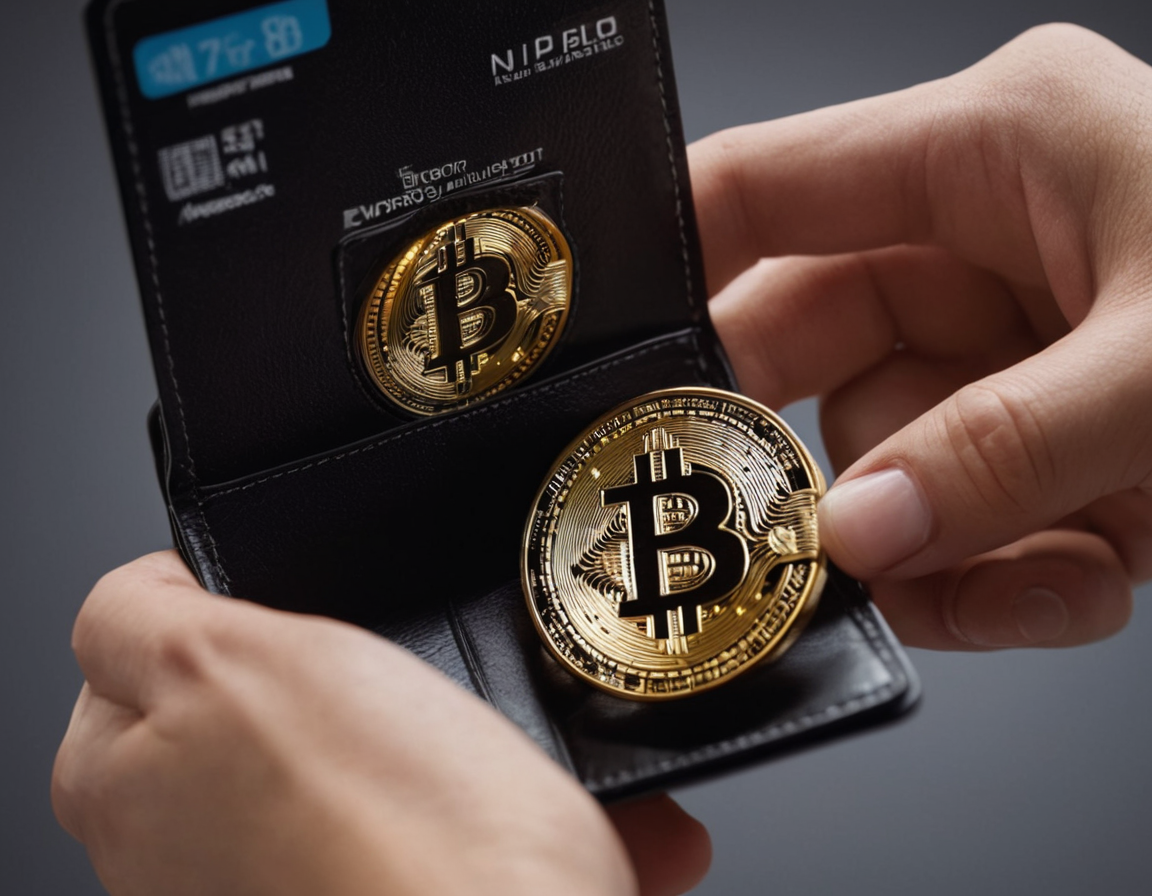The Fascinating World of Cryptocurrencies: Decoding Bitcoin
Unraveling the Mystery of Bitcoin: A Glimpse into the Future of Money
In an age when digital innovation is transforming every aspect of our lives, one of the most intriguing and controversial developments has been the emergence of cryptocurrencies. Among them, Bitcoin stands as the pioneer, continuing to capture the imagination and scrutiny of the public and financial experts alike. This article provides a concise summary of a comprehensive Wikipedia article on Bitcoin, aiming to equip you with a solid understanding of what Bitcoin is, how it works, and its current place in the financial landscape.
What is Bitcoin?
Bitcoin is often referred to as a cryptocurrency, digital currency, or virtual currency. It’s a form of money that is completely virtual, like an online version of cash. It operates without a central authority or banks; the managing of transactions and the issuing of Bitcoins is carried out collectively by the network. Bitcoin is open-source, its design is public, nobody owns or controls Bitcoin and everyone can take part.

How Does Bitcoin Work?
Every Bitcoin is essentially a computer file which is stored in a ‘digital wallet’ app on a smartphone or computer. People can send Bitcoins (or part of one) to your digital wallet, and you can send Bitcoins to other people. Every single transaction is recorded in a public list called the blockchain. This makes it possible to trace the history of Bitcoins to prevent people from spending coins they do not own or making copies.
Bitcoin Mining: The Backbone of the Bitcoin Network
‘Mining’ is the process by which new Bitcoins are entered into circulation; it’s also a critical component of the maintenance and development of the blockchain ledger. It is performed using very sophisticated computers that solve extremely complex computational math problems.
Bitcoin Transactions: Secure, Irreversible, and Fast
Transactions are made with no middlemen – meaning no banks. Bitcoin can be used to book hotels on Expedia, shop for furniture on Overstock, and buy Xbox games. But much of the hype is about getting rich by trading it. Transaction fees are low, and international payments are easy and cheap because Bitcoins are not tied to any country or subject to regulation.

The Value of Bitcoin
The price of a Bitcoin is determined by supply and demand. When demand for Bitcoins increases, the price increases, and when demand falls, the price falls. The total value of all Bitcoin was over $600 billion at the time of writing, though this is constantly fluctuating.
Adopting Bitcoin: From Niche to Mainstream
Bitcoin is slowly being adopted by both consumers and businesses. It can be used for payments, a store of value, or as an investment. Companies including Microsoft and PayPal are now accepting Bitcoin payments in certain contexts.
Legality and Security Issues
While Bitcoin opens up exciting possibilities, it also poses new challenges in terms of legality and security. The regulatory environment is evolving as governments try to catch up with the fast-paced developments of cryptocurrency. Moreover, while the blockchain technology underlying Bitcoin is very secure, Bitcoin exchanges can be hacked, and wallets can also be vulnerable.

Environmental Impact: A Growing Concern
One significant issue that has come to the forefront is the environmental impact of Bitcoin mining. The process requires a vast amount of computing power and electricity, leading to criticism regarding the carbon footprint left by the high energy consumption.
Conclusion: A Revolutionary but Complex Phenomenon
Bitcoin has certainly proved to be one of the most significant and fascinating developments in recent financial history. It’s revolutionized the way people think about money and opened up a debate on the future of financial systems. With the summary of Bitcoin from Wikipedia, we can now appreciate both the potential and the challenges this cryptocurrency presents. As the world leans more into the digital realm, Bitcoin’s role in society is still being written, and its journey is far from over.
Are you ready to become part, or expand your understanding, of this revolutionary digital economy? It’s a topic that continues to evolve and one that promises to be an exciting part of our future.






